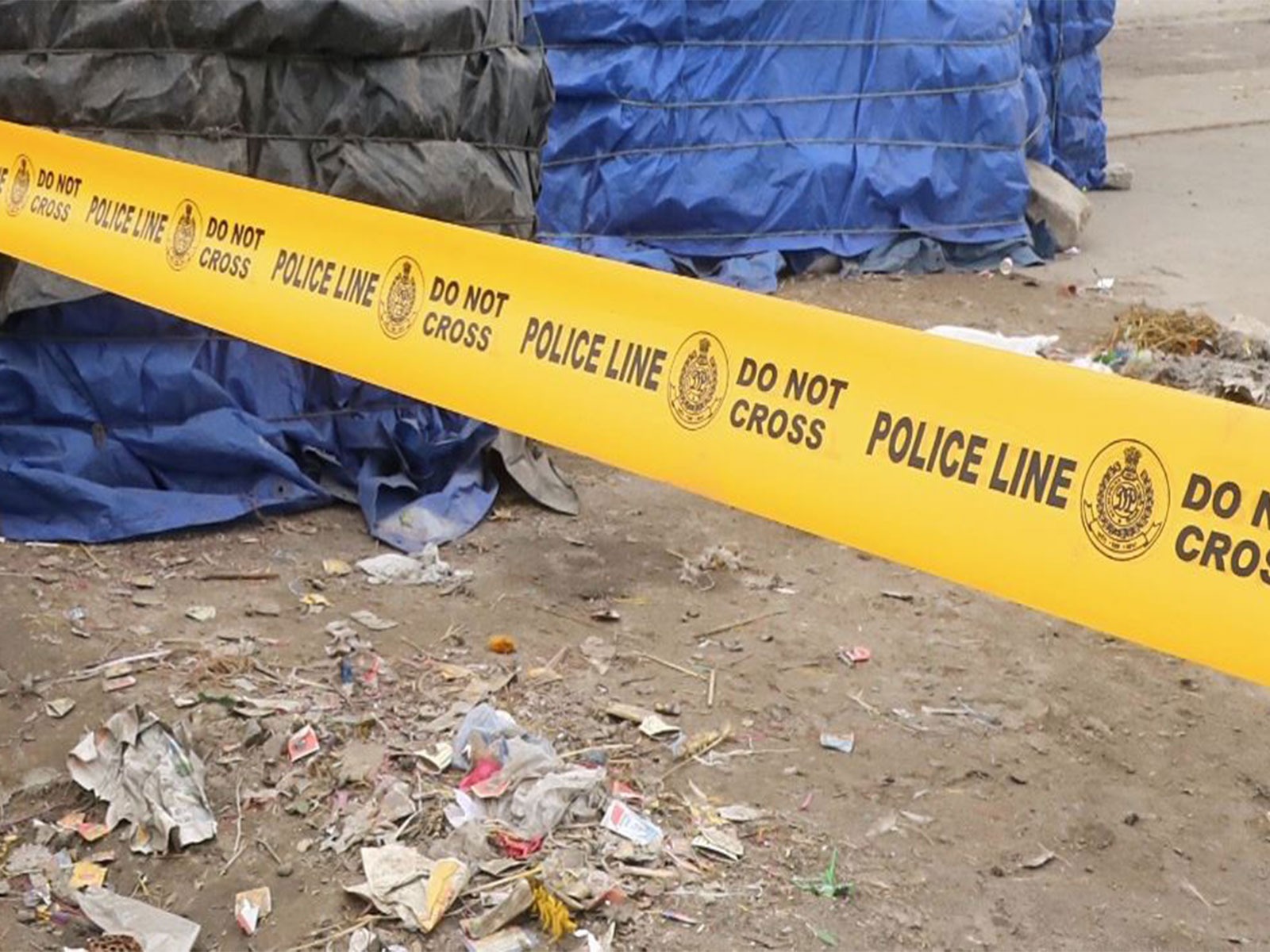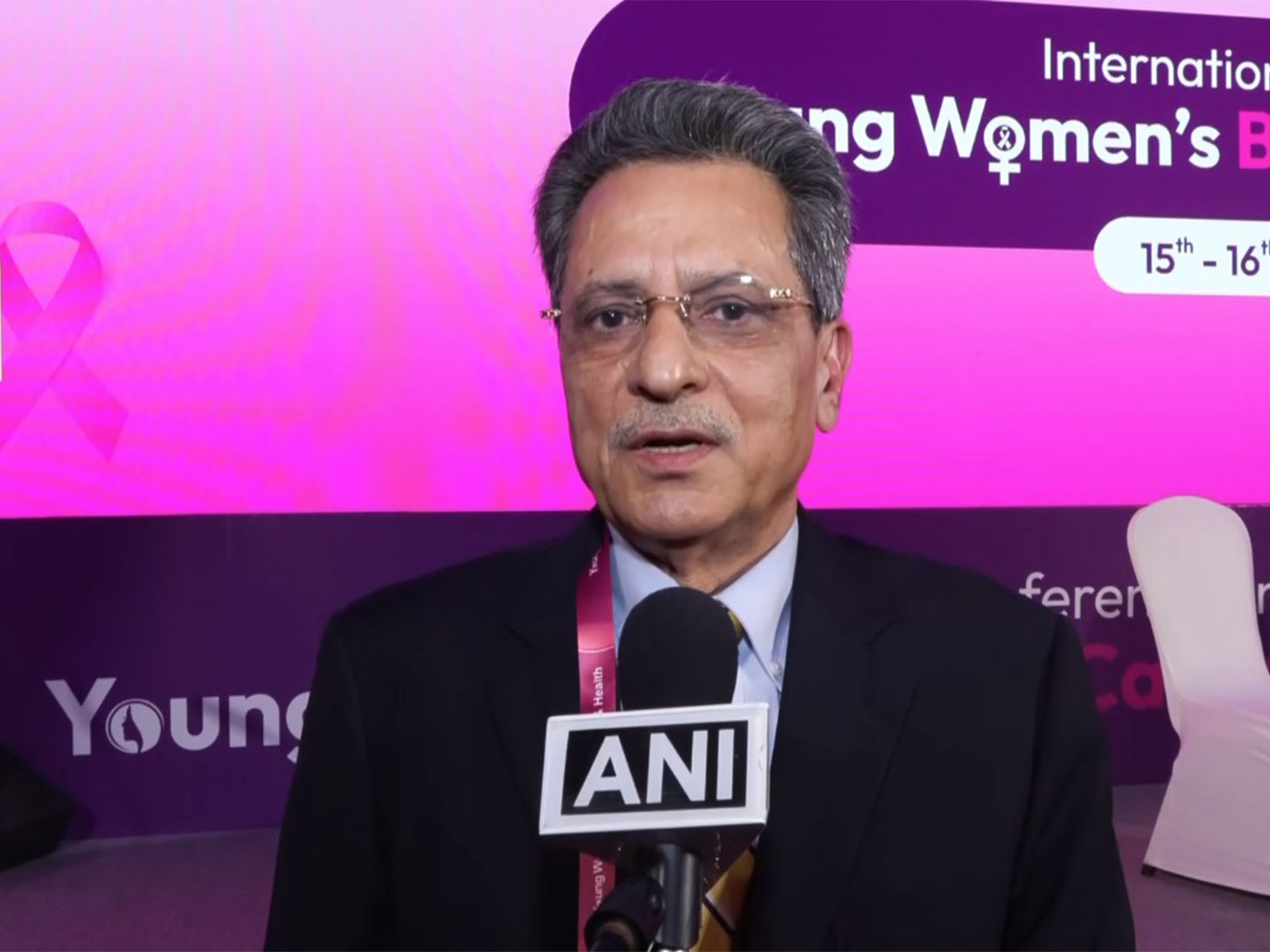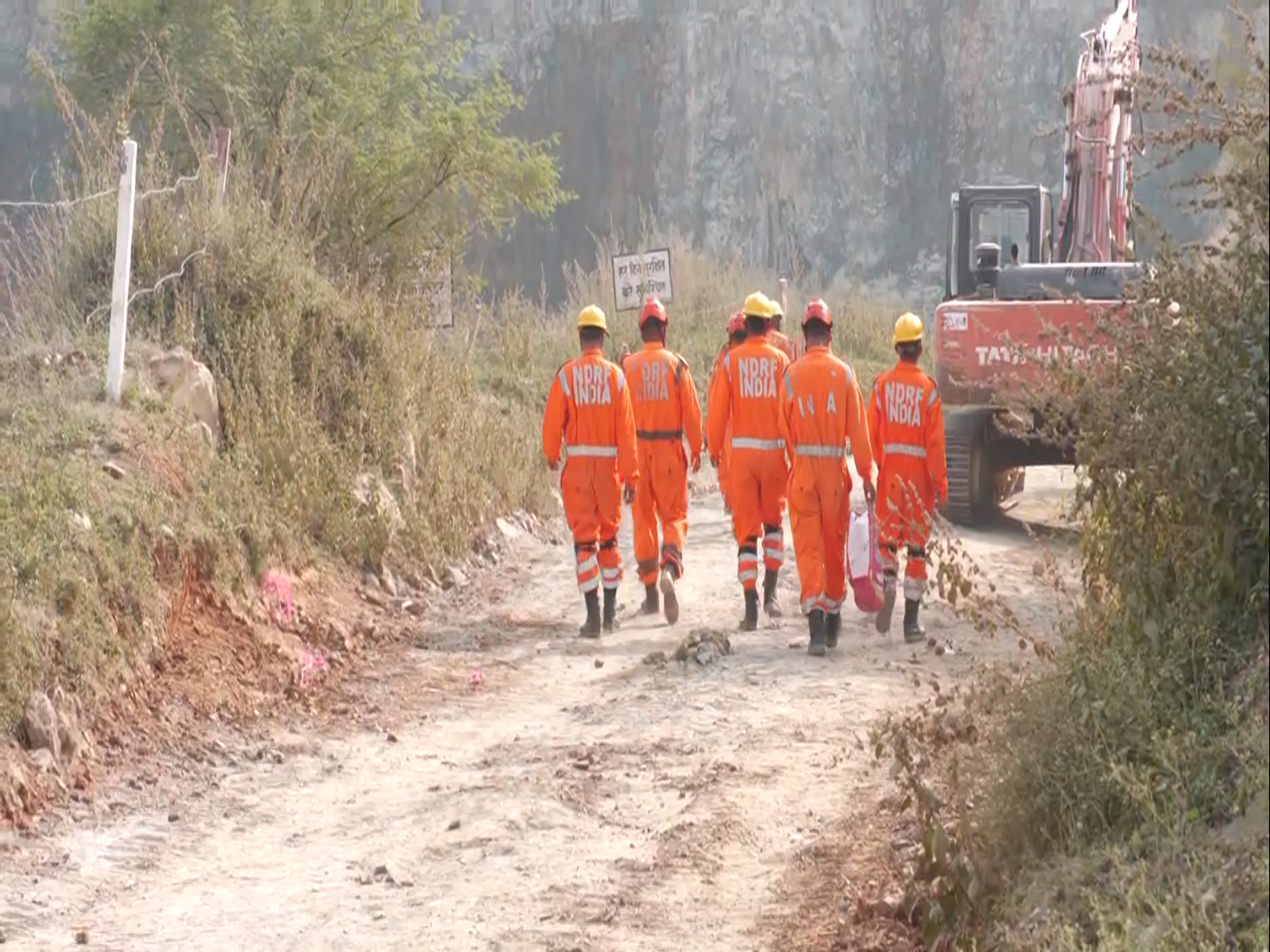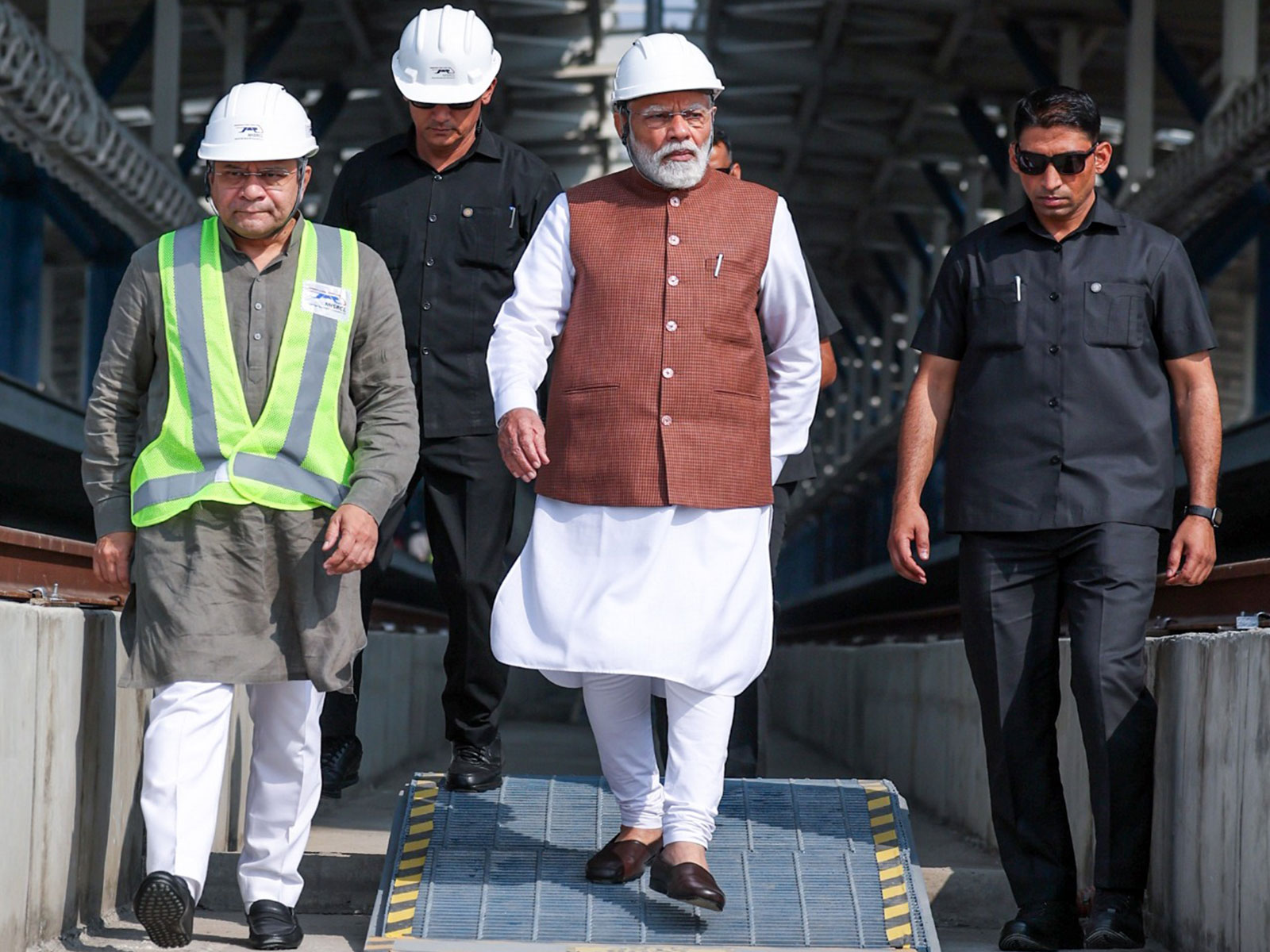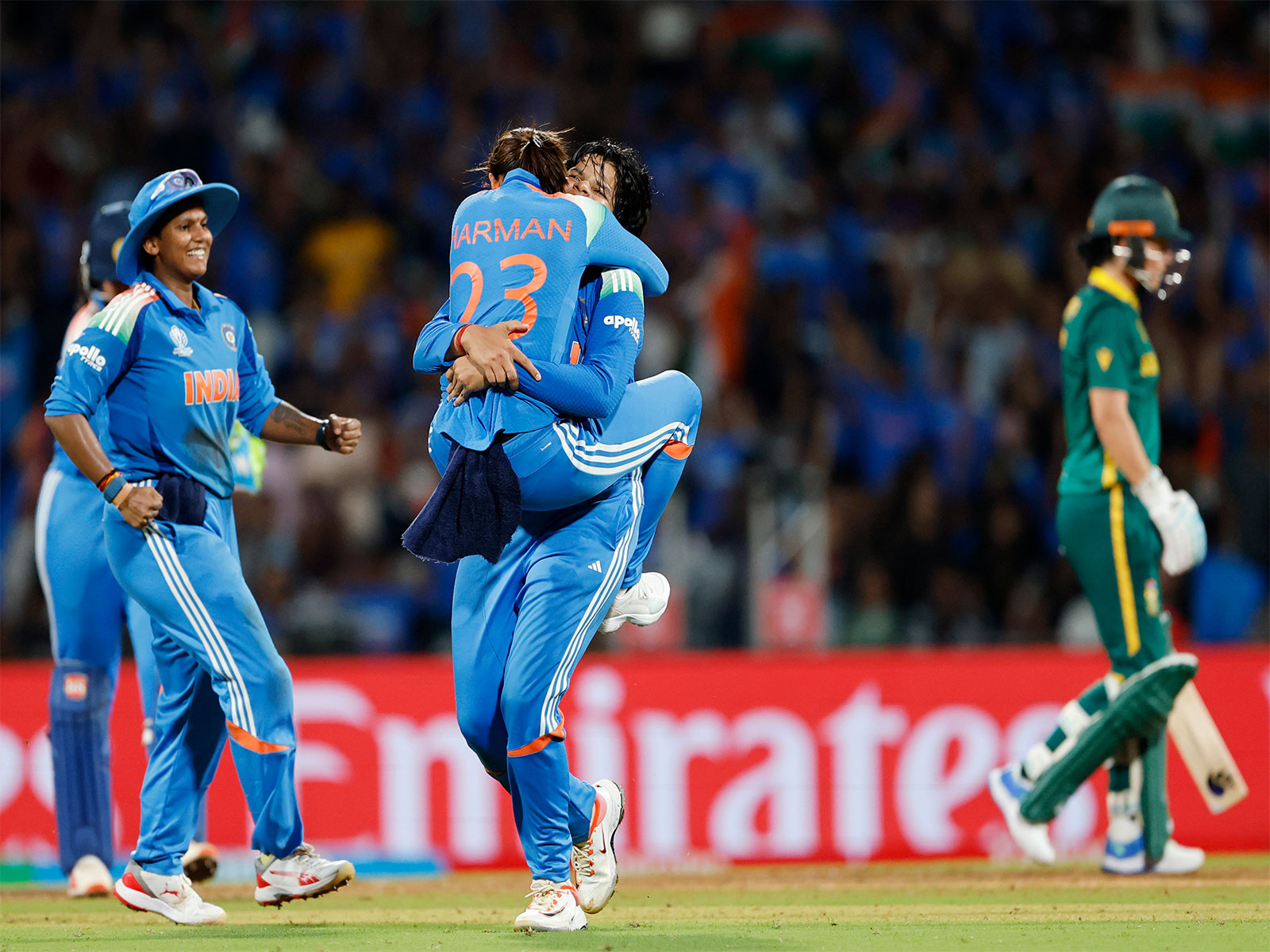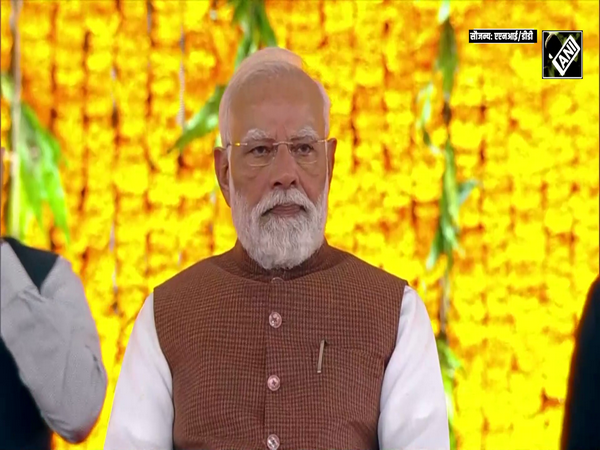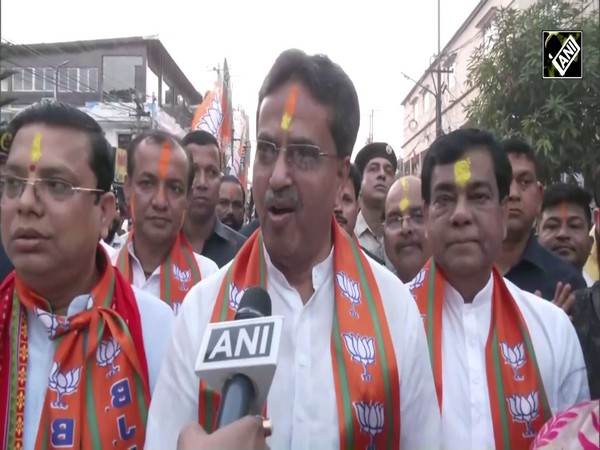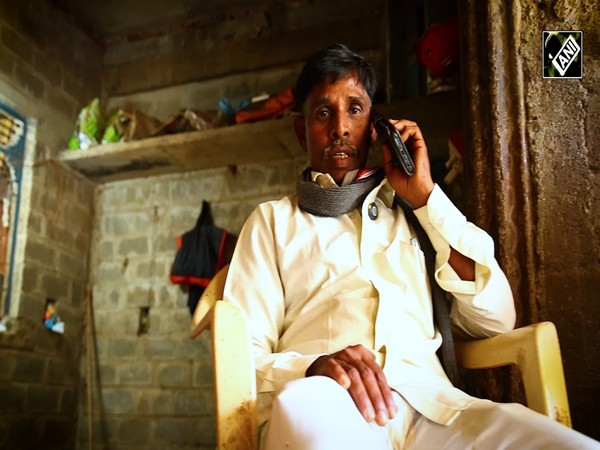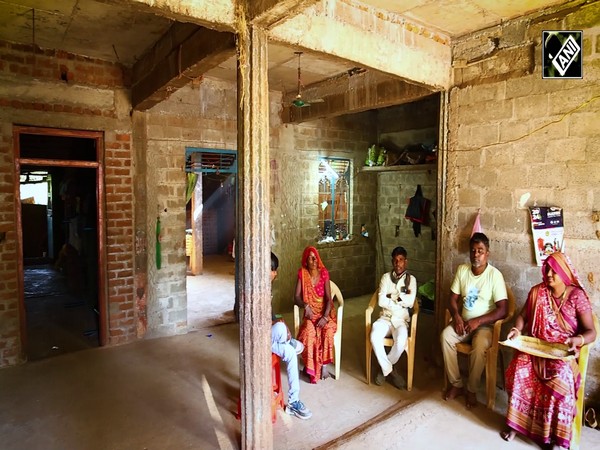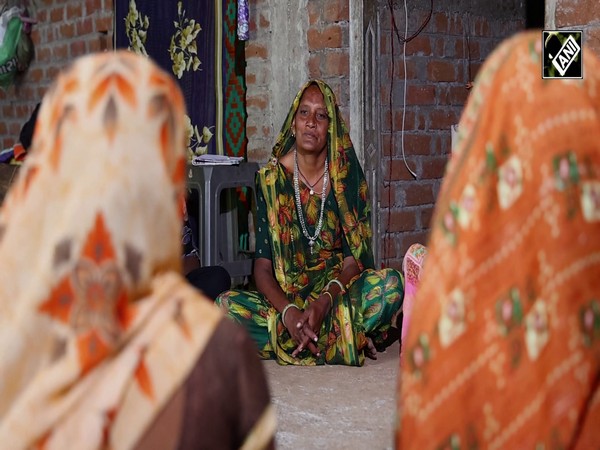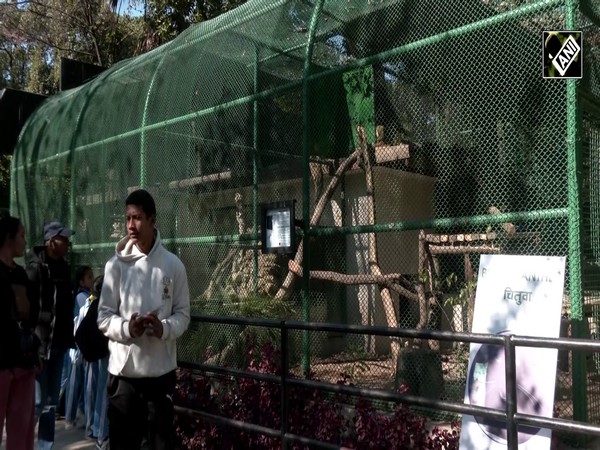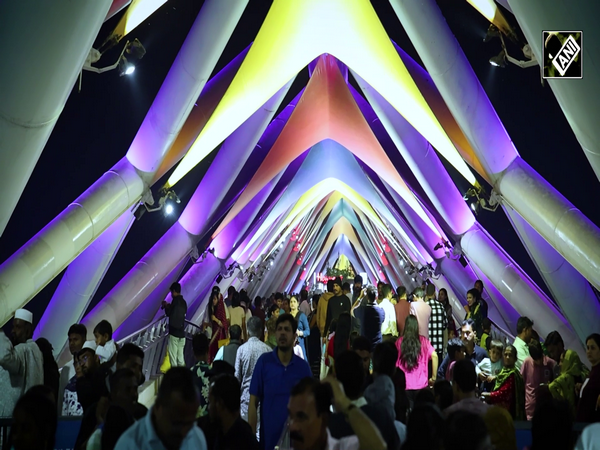Supreme Court says Section 3 of NGT Act is not a case of excessive delegation of power to Centre
May 18, 2022

New Delhi [India], May 18 : The Supreme Court on Wednesday ruled that Section 3 of the National Green Tribunal Act is not a case of excessive delegation of power to the Central Government and remedy of direct appeal to the top court under Section 22 of the NGT Act is intra vires.
The ruling by a Bench of Justices KM Joseph and Hrishikesh Roy came while rejecting a plea of Madhya Pradesh High Court Advocates Bar Association challenging certain provisions of the National Green Tribunal Act.
"Section 3 of the NGT Act is not a case of excessive delegation of power to the Central Government, " the Court said and ordered that the seat of the NGT benches can be located as per exigencies and it is not necessary to locate them in every State.
"It must be borne in mind that the operationalization of the NGT, including the location of its Benches, was closely monitored by the Supreme Court. It is further seen that the Union Government is to specify the ordinary place of sitting of NGT and its territorial jurisdiction under Section 3 of the NGT Act being mindful of the demand for environmental litigation within a particular territorial area. The Government is also to be guided by the objects of the Act as also the directions given by the Supreme Court from time to time. Since the Government is acting on the issue with the guidance of this Court, and the Government is obliged to follow the objectives of the NGT Act, adequate safeguards are seen to guide the government. We are therefore of the opinion that Section 3 of the NGT Act is not a case of excessive delegation, " the Court said.
"The prayer for relocating the Bhopal NGT to Jabalpur is unmerited and is rejected," the Court ordered.
The Bench also concluded that the National Green Tribunal under Section 14 and 22 of the NGT Act does not oust the High Court's jurisdiction under Article 226 and 227 as the same is a part of the basic structure of the Constitution and "the remedy of direct appeal to the Supreme Court under Section 22 of the NGT Act is intra vires the Constitution of India."
The Court also observed, "One must also be cognizant of the fact that the Selection Committee under Section 7 of the NTT (National Tax Tribunal) Act was dominated by two secretaries of the Government, as opposed to the Selection Committee for the NGT under the Tribunal Reforms Act which clearly has judicial dominance."
Madhya Pradesh High Court Advocates Bar Association had filed a plea in the Supreme Court's challenge to the vires of the National Green Tribunal Act, 2010, and prayed for various reliefs. Association had urged Supreme Court to direct that the Bench of National Green Tribunal be set up at all the places where the principal seat of High Court is situated and to declare that the proposed sitting up of Bench of NGT at Bhopal is not constitutionally and/or sustainable.
Advocate Siddhartha R. Gupta, appeared for the petitioners. The Union of India was represented by KK Venugopal, Attorney General for India together with Aishwarya Bhati, Additional Solicitor General. The State of Madhya Pradesh was represented by advocate Sunny Choudhary.
According to the petitioners, environmental litigation is predominantly related to local factors and therefore, an easily accessible and available forum is necessary to be constituted, without requiring the litigants to move to distant places to secure environmental justice.
The petitioners argued that the NGT does not enjoy the authority and autonomy available to judges in the High Courts bearing in mind the conditions of service, tenure, and other aspects of the judicial and non-judicial members of the NGT.
Countering it, KK Venugopal, the Attorney General leading the arguments for the respondent's said that the NGT was set up because of the prods and recommendations made by the Supreme Court while dealing with environmental cases and the Parliament was repeatedly entreated by the Court to create a specialized environmental court with qualified judges and technical experts on the Bench.
